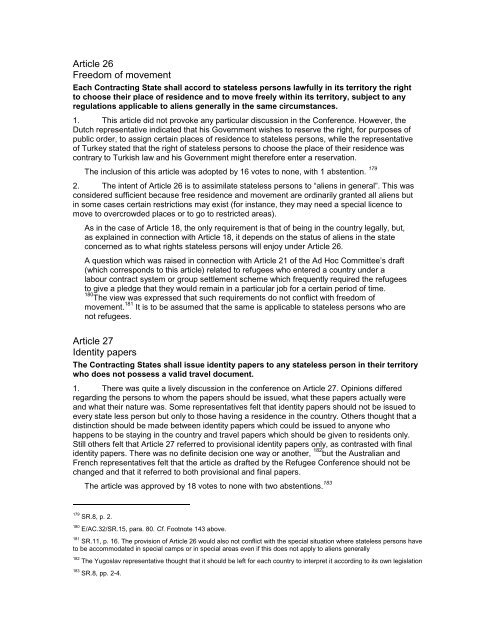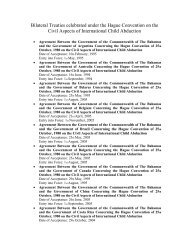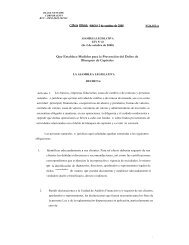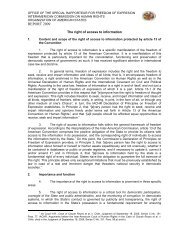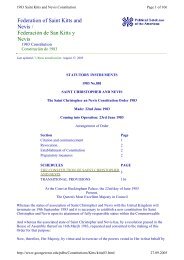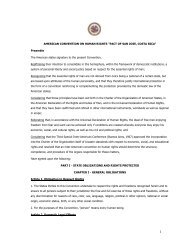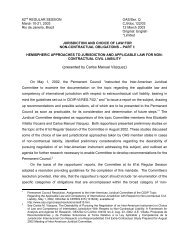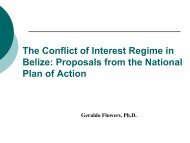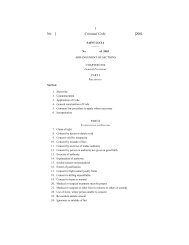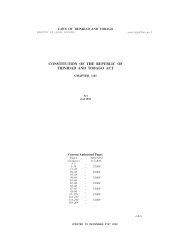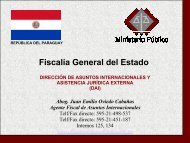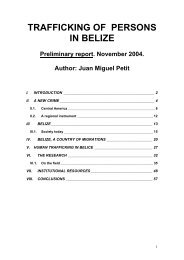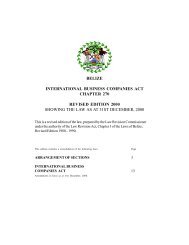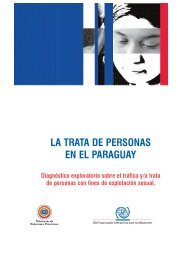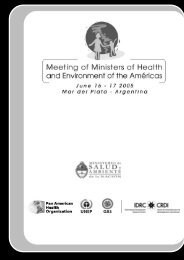CONVENTION RELATING TO THE STATUS OF ... - Refworld
CONVENTION RELATING TO THE STATUS OF ... - Refworld
CONVENTION RELATING TO THE STATUS OF ... - Refworld
You also want an ePaper? Increase the reach of your titles
YUMPU automatically turns print PDFs into web optimized ePapers that Google loves.
Article 26<br />
Freedom of movement<br />
Each Contracting State shall accord to stateless persons lawfully in its territory the right<br />
to choose their place of residence and to move freely within its territory, subject to any<br />
regulations applicable to aliens generally in the same circumstances.<br />
1. This article did not provoke any particular discussion in the Conference. However, the<br />
Dutch representative indicated that his Government wishes to reserve the right, for purposes of<br />
public order, to assign certain places of residence to stateless persons, while the representative<br />
of Turkey stated that the right of stateless persons to choose the place of their residence was<br />
contrary to Turkish law and his Government might therefore enter a reservation.<br />
The inclusion of this article was adopted by 16 votes to none, with 1 abstention. 179<br />
2. The intent of Article 26 is to assimilate stateless persons to “aliens in general”. This was<br />
considered sufficient because free residence and movement are ordinarily granted all aliens but<br />
in some cases certain restrictions may exist (for instance, they may need a special licence to<br />
move to overcrowded places or to go to restricted areas).<br />
As in the case of Article 18, the only requirement is that of being in the country legally, but,<br />
as explained in connection with Article 18, it depends on the status of aliens in the state<br />
concerned as to what rights stateless persons will enjoy under Article 26.<br />
A question which was raised in connection with Article 21 of the Ad Hoc Committee’s draft<br />
(which corresponds to this article) related to refugees who entered a country under a<br />
labour contract system or group settlement scheme which frequently required the refugees<br />
to give a pledge that they would remain in a particular job for a certain period of time.<br />
180 The view was expressed that such requirements do not conflict with freedom of<br />
movement. 181 It is to be assumed that the same is applicable to stateless persons who are<br />
not refugees.<br />
Article 27<br />
Identity papers<br />
The Contracting States shall issue identity papers to any stateless person in their territory<br />
who does not possess a valid travel document.<br />
1. There was quite a lively discussion in the conference on Article 27. Opinions differed<br />
regarding the persons to whom the papers should be issued, what these papers actually were<br />
and what their nature was. Some representatives felt that identity papers should not be issued to<br />
every state less person but only to those having a residence in the country. Others thought that a<br />
distinction should be made between identity papers which could be issued to anyone who<br />
happens to be staying in the country and travel papers which should be given to residents only.<br />
Still others felt that Article 27 referred to provisional identity papers only, as contrasted with final<br />
identity papers. There was no definite decision one way or another, 182 but the Australian and<br />
French representatives felt that the article as drafted by the Refugee Conference should not be<br />
changed and that it referred to both provisional and final papers.<br />
The article was approved by 18 votes to none with two abstentions. 183<br />
179 SR.8, p. 2.<br />
180 E/AC.32/SR.15, para. 80. Cf. Footnote 143 above.<br />
181 SR.11, p. 16. The provision of Article 26 would also not conflict with the special situation where stateless persons have<br />
to be accommodated in special camps or in special areas even if this does not apply to aliens generally<br />
182 The Yugoslav representative thought that it should be left for each country to interpret it according to its own legislation<br />
183 SR.8, pp. 2-4.


